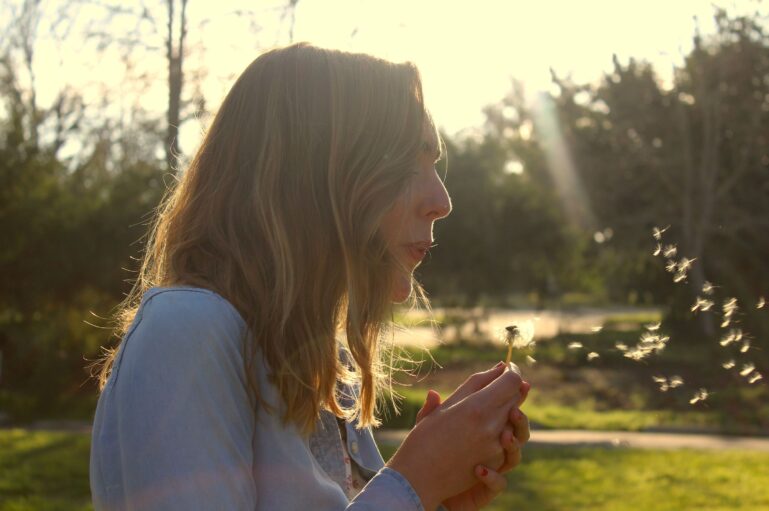“I wish it need not have happened in my time,” said Frodo. ”So do I,” said Gandalf, “and so do all who live to see such times. But that is not for them to decide. All we have to decide is what to do with the time that is given us.” (J.R.R TOLKIEN)
Deciding what to do with the time that is given us is probably an issue that we all have faced in one way or another. We are bemused with questions like ‘how do I make my life count?’; ‘what value should I be adding?’; or, “what is it that I really should be doing?’. Rightly so, as none of us want to be oxygen thieves, taking up space and breathing in valuable air without making our mark. Any person who has a profound influence on others, on institutions or on society, any parents whose influence has been intergenerational, anyone who has really made a difference for good or ill, “possessed three common attributes: vision, discipline and passion” (Dr Stephen R Covey, The 8th Habit). Perhaps these three attributes have ruled the world from its beginning.
Consider just a few notable leaders from modern history:
Florence Nightingale, the founder of modern nursing, worked her entire adult life to improve the quality of nursing in military hospitals. Her vision and passion overcame her personal reticence.
Mohandas K Gandhi was instrumental in establishing India as an independent state though he never held an elected or appointed office. He had no formal position from which to lead people. Gandhi’s moral authority created such strong social and cultural norms that it ultimately shaped political will. He governed his life by an awareness of a universal conscience that resided within the people, the international community, and the British themselves.
Margeret Thatcher was the first female leader of a major industrial nation. She served three terms as prime minister of Great Britain. Her critics are not few, but she was passionate about urging people to assume the discipline of personal responsibility and to build self-reliance, and she was passionate about bolstering free enterprise in her country. During her tenure in British politics, she helped lift Britain out of economic recession.
Mother Teresa dedicated herself wholeheartedly, freely, and unconditionally to the service of the poor. She bequeathed her highly disciplined upholding of the vows of poverty, purity and obedience upon her organisation, which grew and strengthened even since her passing.
Now consider one who made a difference for ill, as quoted from Covey, a man who also possessed the three common attributes of vision, discipline and passion, but who produced shockingly different results: “Adolf Hitler passionately communicated his vision of a thousand-year reign of the Third Reich and of a superior Aryan race. He built one of the most disciplined military-industrial machines that the world has ever seen. And he evidenced brilliant emotional intelligence in his impassioned oratory, inspiring in the masses almost fanatical dedication and fear, which he channelled into hate and destruction.”
Making a contribution that endures requires building trust with others, seeing potential in others and enabling a growth in that potential. Covey further notes about his personal growth: “Early in my adult life, someone saw potential within me that far exceeded what I saw in myself. He saw beneath the surface, beyond the obvious and evident. He looked into my heart and eyes and spirit and saw the raw, undeveloped, unseen seeds of greatness that lie within each one of us. So he entrusted me with a charge and responsibility far beyond my experience and perceived ability. He gave me his trust, without evidence, without proof. He simply believed and expected I would rise to the challenge, and he treated me accordingly. It was an act of faith. But that act of faith so affirmed my worth and potential that I was inspired to see it in myself. His faith in me increased my own faith and vision of myself. I aspired to the highest and most noble inclinations within me. I was not perfect, but how I grew! It also became a philosophy of life to me. Affirm people. Affirm your children. Believe in them, not in what you see but in what you don’t see – their potential.”
We can leave our footprint of contribution well. We can inspire others to leave their footprints well. To do this, we have to extend trust to others, to entrust them with responsibility and expect them to rise to the challenge. We must act with faith in the potential of others.










